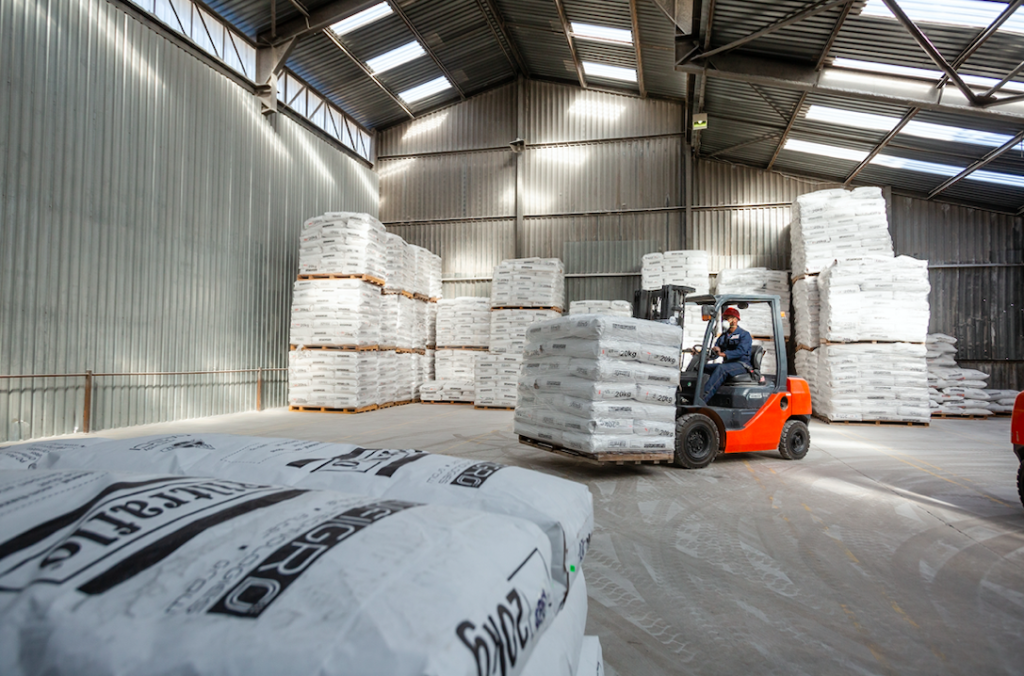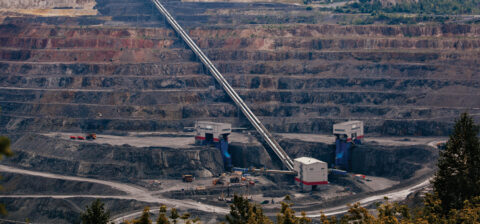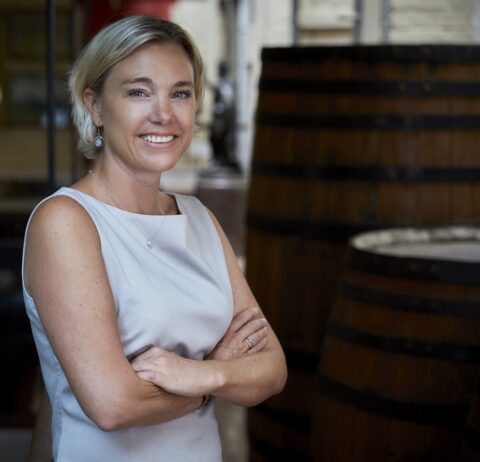BD World Food Day
Waste And Food Security
South Africa is a paradox. We are not a famine country, as demonstrated by the ample stock on store shelves. We are a net exporter of food and, according to estimations by CSIR scientists, we produce enough to feed everyone in the nation. Research conducted by Professor Suzan Oelofse, principal researcher: sustainability, economics and waste at the CSIR, and her team reveals that our local food systems compare more aptly with those in first-world countries.
“We are a convenience-driven society. We buy food at supermarkets and our supply chain in South Africa mirrors what is happening in Europe and other developed countries more closely than the situation in sub-Saharan Africa. The wastage we see at the production and packaging stage is very market-driven,” Oelofse says.
Convenience breeds food insecurity
The convenience of accessing food may aggravate food insecurity – the CSIR estimates that around 45 per cent of locally produced food is wasted. Some of that is due to poor agricultural practices such as farmers creating surplus crops because they aren’t informed about market trends. Some production waste stems from shedding food that seems blemished or is the wrong size for established production lines. Supermarkets waste because they anticipate some of their stock will not move before it expires. And consumers tend to underplan meals, often making too much food or poorly rotating what they buy.
This pattern raises the price of food, but the prices are also influenced by wastage because the management costs of waste are already factored into the cost of food. “The more food we waste, the more it pushes up the prices and becomes increasingly inaccessible to the poor,” says Oelofse.
South Africa has food, but ensuring convenient availability and good-looking products widens the food insecurity gap.
Closing the gap
The problem requires several interventions and creative thinking. Much of the current action happens at the agriculture and production levels – especially as more shareholders demand sustainability bona fides from companies, says Roger Falck, managing director of AECI Food & Beverage:
“The biggest shareholders want to know what you’re doing in terms of sustainability – not just food sustainability, but also areas such as responsible chemical manufacturing, explosives and water.”
Beyond having sustainability strategies, companies like AECI are awake to the necessary sustainability requirements that address problems such as food insecurity. For example, AECI, Spar and Woolworths run small farmer development projects and AECI invests in Khula!, a homegrown app that connects smallholding farmers to produce markets.
Similar efforts are going into food production, Falck adds. “Poor processing practices, plant downtime, power and water disruptions all cause losses. We try to make sure that there’s better yield and better productivity in customer plants, reducing waste.”






 Sign-up and receive the Business Media MAGS newsletter OR SA Mining newsletter straight to your inbox.
Sign-up and receive the Business Media MAGS newsletter OR SA Mining newsletter straight to your inbox.